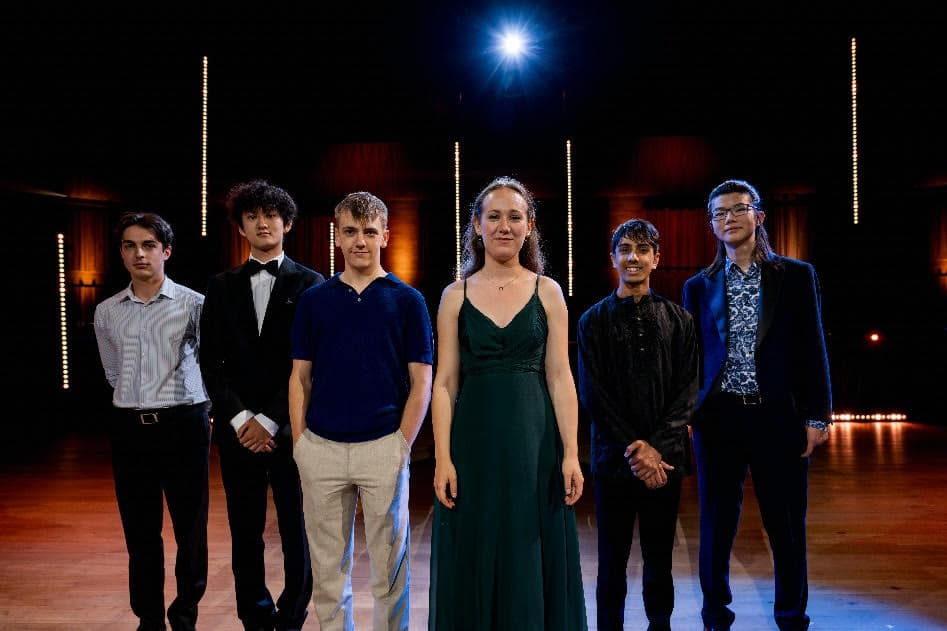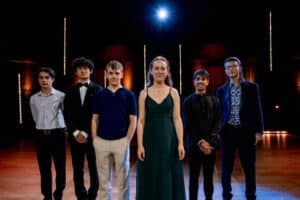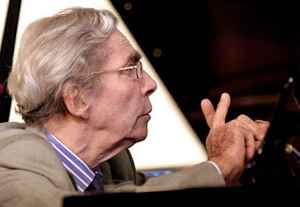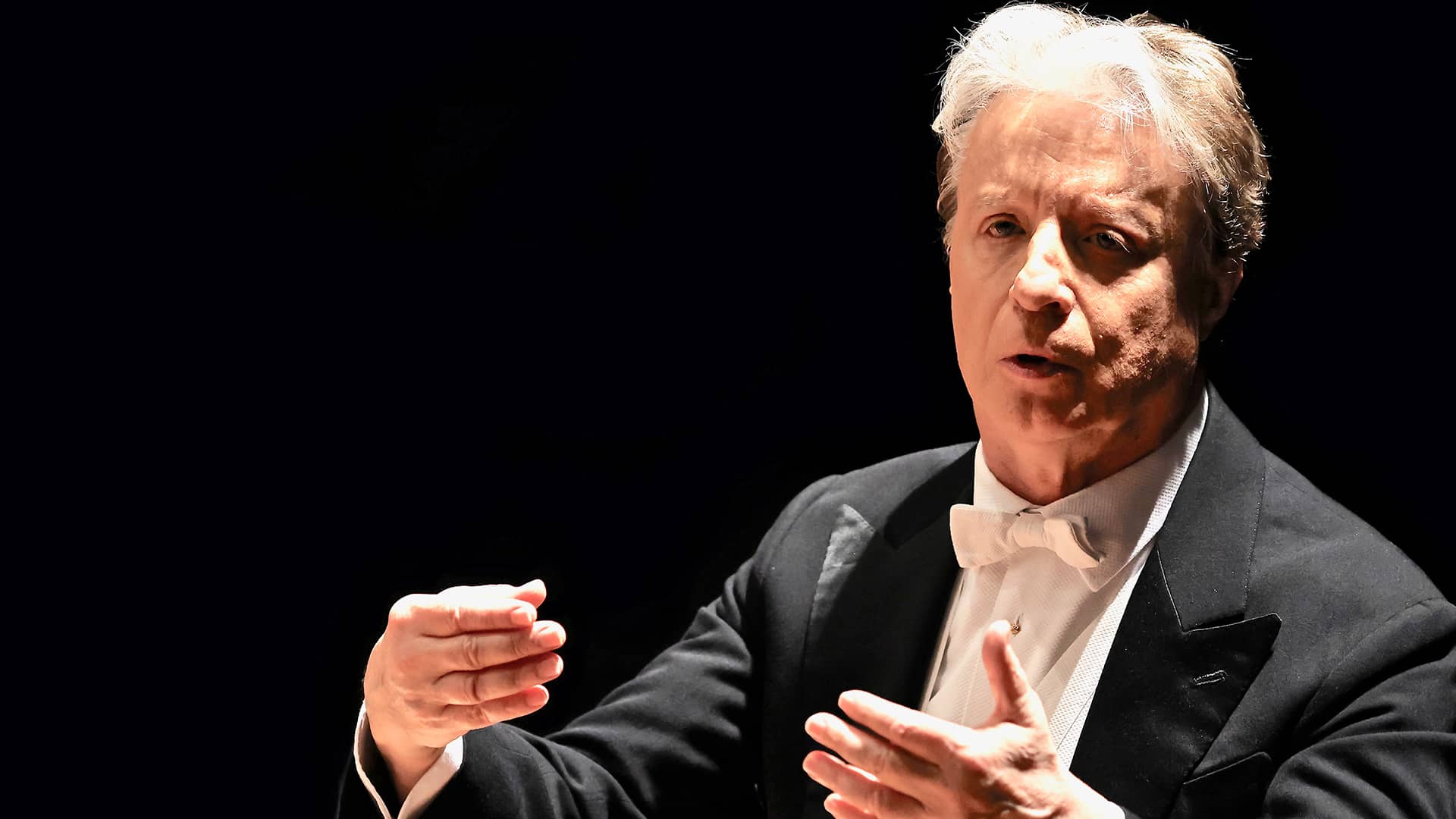BBC names Young Musician semi-finalists
NewsA televised selection process that raised concerns about the competence of two judges has yielded an unremarkable pack of six semis:
English/ Swedish violinist Maya Broman Crawford-Phillips (17), currently studying at the Yehudi Menuhin School in Surrey
Surrey-born harpist Jamaal Kashim (17), a Royal College of Music student in the Junior Department
Violinist Shlomi Shahaf (17), born in Israel and raised in Ukraine, currently studying at the Purcell School
Cellist Hugo Svedbert (16) from Bournemouth, a former member of the National Youth Orchestra of Great Britain
Pianist Ryan Wang (16) from Vancouver Canada, and currently studying on a music scholarship at Eton College
Pianist Jacky Zhang (16) from Surrey, a piano and composition student at the Royal College of Music







Comments